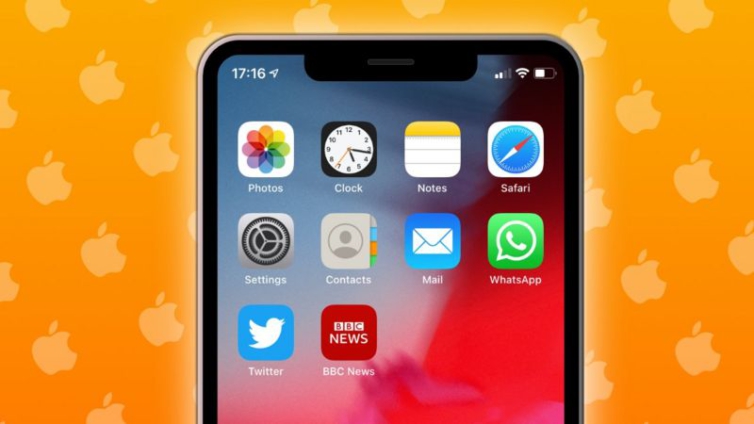Apple has delayed the implementation of new privacy measures designed to stop apps and websites tracking people online without their consent.
The changes also mean app will have to ask a user's permission to access the ad-tracking ID on an iPhone or iPad.
The measures were due to arrive in the latest iOS 14 update in the autumn.
But Apple said the changes were being delayed until the start of 2021 to give app developers and websites more time to adapt their services.
Facebook has warned that Apple's privacy plan could make one of its advertising tools "so ineffective on iOS 14 that it may not make sense to offer it on iOS 14".
The social network says it will no longer collect users' ad-tracking IDs on iOS 14, and that Apple's plan had forced it to make that decision.
What is Apple changing?
Apple devices including the iPhone, iPad and Apple TV box have a unique ID known as the "identifier for advertisers" (IDAF).
It can help apps monitor the effectiveness of an advertising campaign. For example, it can help determine whether somebody downloaded an app after seeing an ad.
Android has a similar tool known as the Android Advertising ID (AAID).
Apple already lets people switch off access to their IDAF on iOS.
However, once the change is implemented in 2021, it will be off by default and advertisers will have to ask permission to access it.
Apps will also have to ask permission to track what people do in apps and on websites owned by other companies.
Additionally, when iOS 14 is released in the autumn, apps will have to declare what data they collect and how they track people in Apple's App Store.
Another new security feature will highlight when an app accesses information on the user's clipboard.
What else is changing?
One of the biggest changes to the iPhone's iOS 14 operating system will be a shake-up of the home screen.
Apple is updating its "widgets" - blocks that display a stripped-down, small app window - so that they can be placed among the icons for other programs.
Read more: New features coming to iOS 14
It is also releasing a new app, called Translate, which carries out language translations offline, offering an alternative to Google Translate.
It will support 11 languages to begin with, including English, Mandarin, French, German, and Arabic.
For the first time, users will be able to set third-party email and web-browser apps as the default in iOS, rather than Apple's own software.
Latest Stories
-
Blue Gold Bogoso Prestea Limited challenges government actions in court
5 seconds -
Patrick Atangana Fouda: ‘A hero of the fight against HIV leaves us’
44 minutes -
Trinity Oil MD Gabriel Kumi elected Board Chairman of Chamber of Oil Marketing Companies
1 hour -
ORAL campaign key to NDC’s election victory – North America Dema Naa
2 hours -
US Supreme Court to hear TikTok challenge to potential ban
2 hours -
Amazon faces US strike threat ahead of Christmas
2 hours -
Jaguar Land Rover electric car whistleblower sacked
2 hours -
US makes third interest rate cut despite inflation risk
2 hours -
Fish processors call for intervention against illegal trawling activities
3 hours -
Ghana will take time to recover – Akorfa Edjeani
3 hours -
Boakye Agyarko urges reforms to revitalise NPP after election defeat
3 hours -
Finance Minister skips mini-budget presentation for third time
3 hours -
‘ORAL’ team to work gratis – Ablakwa
4 hours -
Affirmative Action Coalition condemns lack of gender quotas in Transition, anti-corruption teams
4 hours -
December 7 election was a battle for the ‘soul of Ghana’ against NPP – Fifi Kwetey
4 hours

